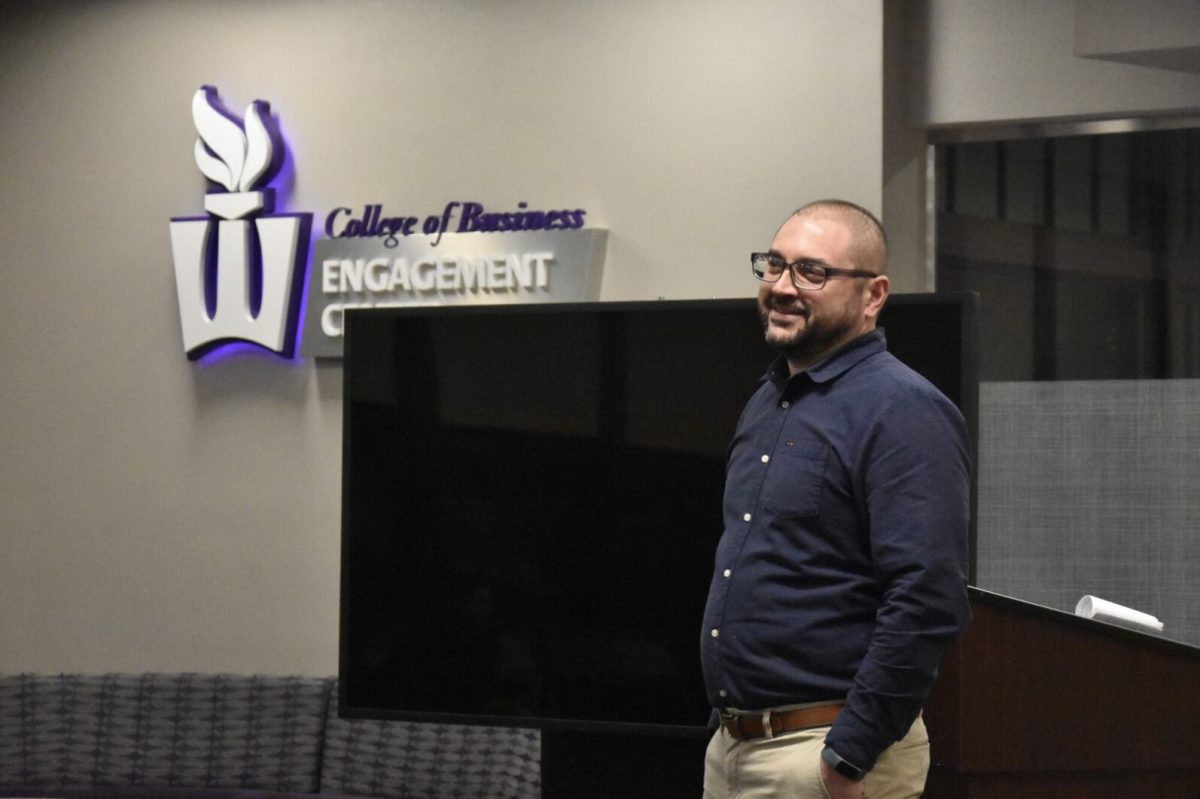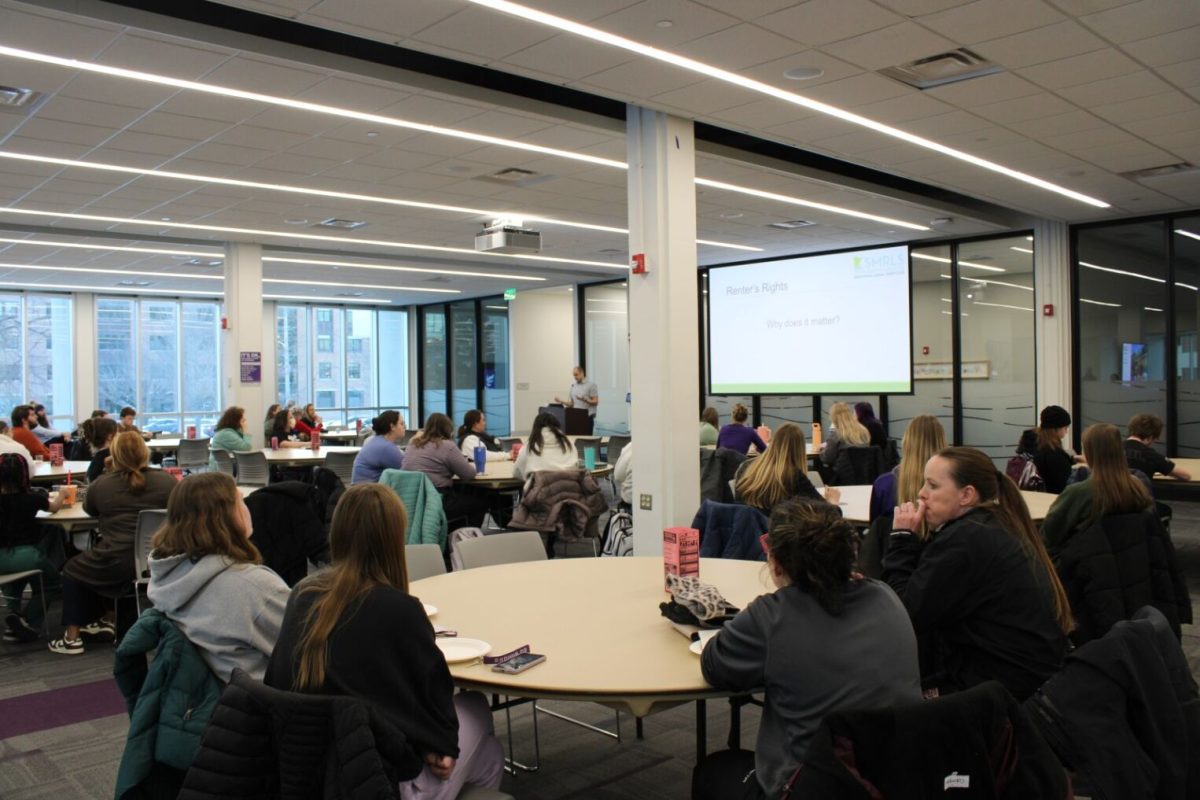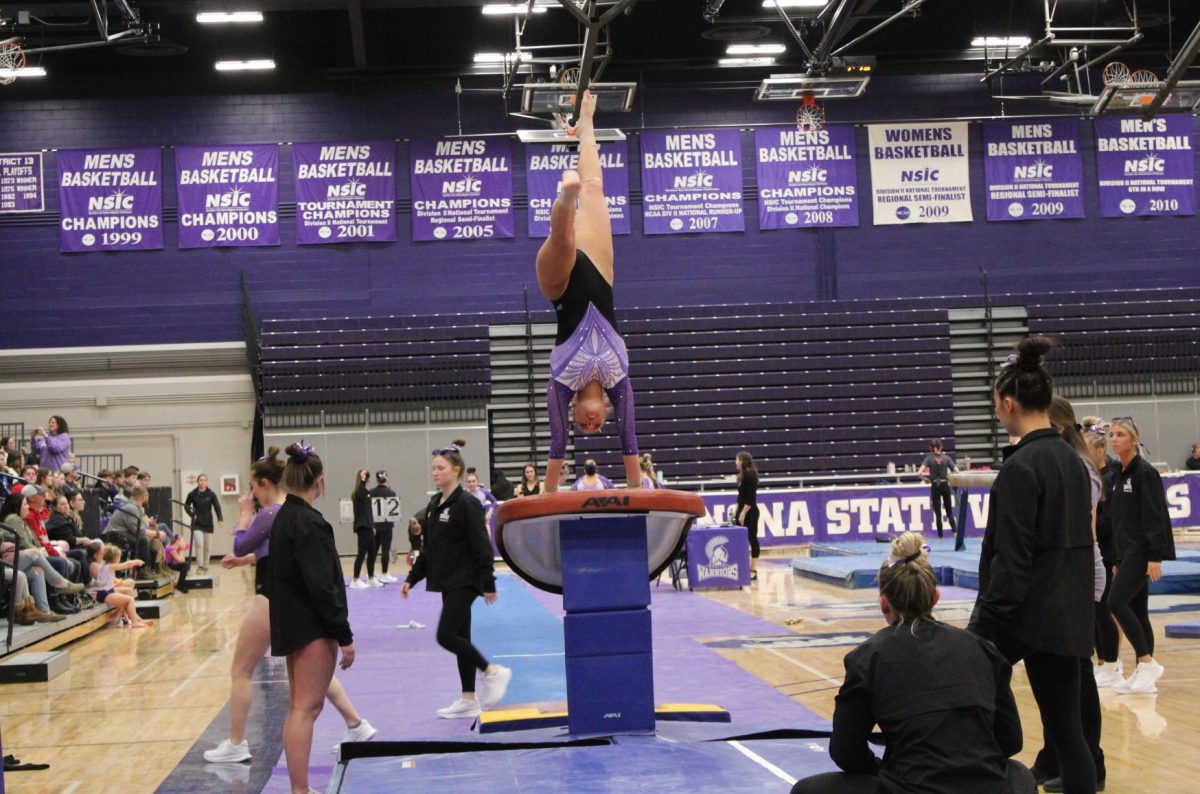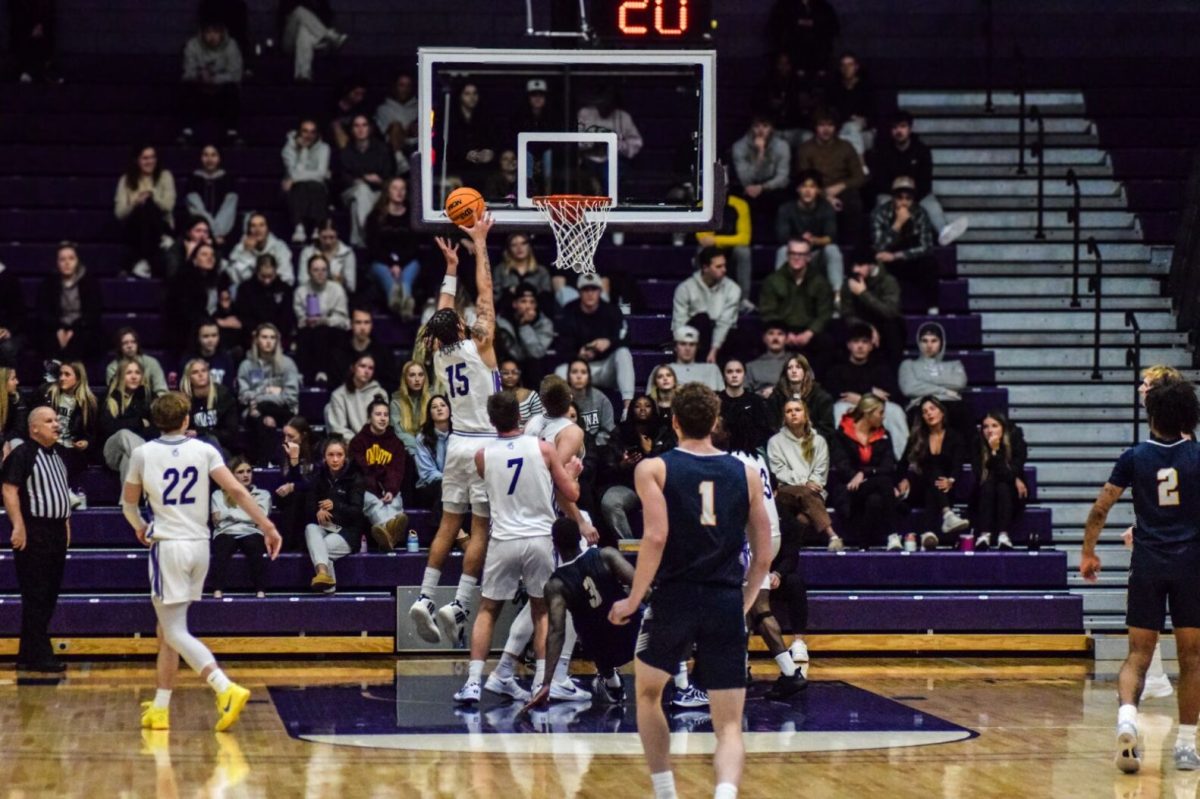Kalika Valentine-Erickson/Winonan
Stereotypes revolving around fraternities and sororities are rampant. They range from excessive alcohol consumption and dangerous hazing rituals, to not actually caring about getting an education or not being inclusive during rush week.
There are movies like “Animal House,” or more recently, “Neighbors” starring Zac Efron, that portray members of Greek life as party-lovers who blow off classes; even news stories contain the horrors of hazing and the possible resulting injuries or even deaths.
A Winona State University student, who wishes to remain anonymous, experienced a negative of Greek life when the student tried to attend a frat party.
“Two years ago, I entered the Pi Lambda Phi house for a party and they insisted that, before I could go downstairs, I must get spanked with their pledge paddle. I left and have not gone back since,” the student said.
Last week was Anti-Hazing Week and, while many sororities and fraternities participated in the week, they may not all have been doing so in earnest.
“Half the people who attended the anti-hazing talk are in an organization that has been known to do so,” a student, who also wished to remain anonymous, said.
The student said although the hazing rituals typically are not of the dangerous kind, like with physical harm or forced excessive drinking, they are humiliating. The student described one fraternity forcing their pledges to “stand on the side of the road in [women’s] underwear” worn over top of men’s dress suits.
Members of both sororities and fraternities at Winona State aim to challenge these negative stereotypes.
Alexandra Savat, president of Winona State’s chapter of Sigma Sigma Sigma, commented on how the media can often portray Greek life in a misleading way.
“Many of the typical assumptions with Greek life are from movies that shine an inaccurate light on Greek life and what it actually is about,” Savat said.
Savat said it can be difficult to show how Greek life can positively impact the community to those who believe Greek life is a negative influence.
“Sometimes it can be hard to explain to those who have such a set notion of sororities and fraternities what it really is about. Often when I am personally confronted about the negative connotations that come with sororities and fraternities, I just tell them my story in sorority life and how it has changed my life,” Savat said.
Savat shed light on the many great things her sorority does.
“We volunteer with the Humane Society, highway cleanup, Robbie Page Memorial, Support a Troop and the blood drive. We also require members to have a 2.5 GPA and do study hours as a group to encourage members to work hard as students. We defy these stereotypes by being 100 percent against hazing and not allowing any association with alcohol. We defy these stereotypes by being active members of society who follow strict rules to ensure that we perpetuate the positive aspects of Greek life and can put the negative connotations to an end,” Savat said.
A sorority member, who wished to keep her identity anonymous, gave advice to students who have heard of or believe the stereotypes.
“I would encourage anyone who believes negative stereotypes to actually talk to us and learn about what it really means to be Greek. We are extremely diverse and open-minded,” she said. “My sorority has a policy that if a person gives us a chance, then we will give them a chance as well. So really just talking to us and actually seeing what we are all about could really make a difference.”
Members of Greek organizations are subject to negative stereotypes, which may be accurate on occasion, but members of the organizations urge students to see what the individual groups are about before forming any opinions.








































